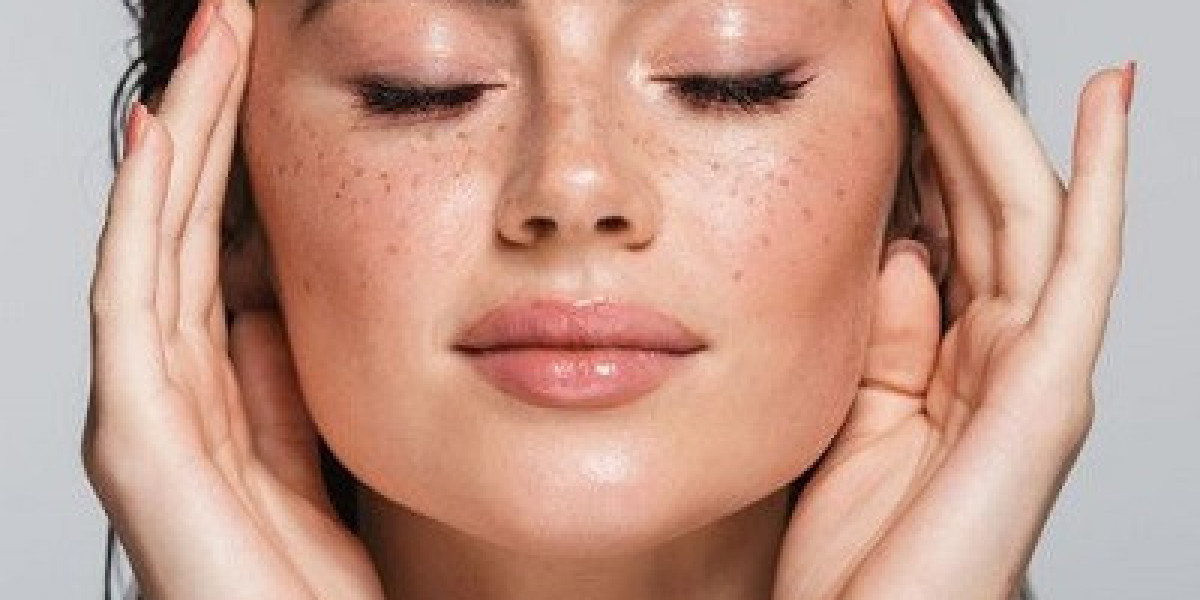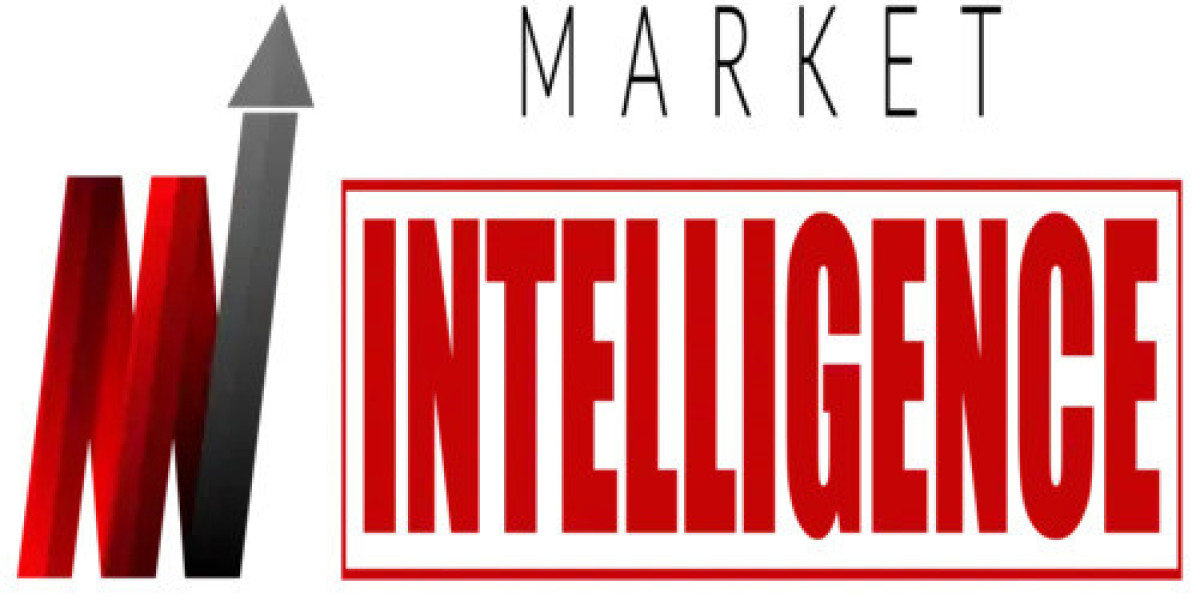Introduction
Acne is one of the most common skin conditions affecting individuals worldwide, including those in Oman. It can manifest as a range of symptoms, from mild breakouts to severe forms like cystic acne, which can significantly impact an individual’s self-esteem and quality of life. While over-the-counter treatments may work for mild acne, severe cases often require professional intervention. This article explores the most effective professional Best Acne Treatment in Oman, focusing on those that yield the best results for severe acne.
Understanding Severe Acne
Severe acne typically presents as deep, inflamed lesions that can lead to scarring if not treated properly. This form of acne often results from a combination of factors, including hormonal changes, genetics, and increased oil production. In Oman, where the climate can contribute to oily skin, understanding the severity and type of acne is essential for choosing the right treatment.
Common Types of Severe Acne
- Cystic Acne: Characterized by large, painful cysts under the skin, often causing significant scarring.
- Nodular Acne: Deep, firm nodules that are difficult to treat and can also leave lasting scars.
- Acne Conglobata: A severe form of acne characterized by interconnected lesions and significant inflammation.
Recognizing the type of severe acne is the first step towards effective treatment.
Professional Treatment Options
1. Prescription Medications
Oral Medications:
- Antibiotics: Prescribed to reduce inflammation and bacteria on the skin, oral antibiotics like tetracycline and doxycycline can be effective for moderate to severe acne.
- Hormonal Treatments: For individuals whose acne is linked to hormonal fluctuations, hormonal therapies such as birth control pills or anti-androgens like spironolactone can help regulate oil production.
Topical Medications:
- Retinoids: These vitamin A derivatives help unclog pores and reduce inflammation. They are often prescribed for severe acne cases.
- Benzoyl Peroxide: This topical treatment kills bacteria and helps clear blocked pores.
2. Chemical Peels
Chemical peels involve applying a solution to the skin that exfoliates and removes dead skin cells. For severe acne, stronger peels containing salicylic acid or glycolic acid can penetrate deeper, helping to clear out clogged pores and reduce inflammation. The procedure is typically performed in a controlled environment by a qualified professional, and multiple sessions may be required for optimal results.
3. Light and Laser Therapy
Light and laser therapies have gained popularity as effective treatments for severe acne. These methods target the bacteria responsible for acne and reduce inflammation.
- Blue Light Therapy: Targets the bacteria (Propionibacterium acnes) that contribute to acne, reducing the overall number of lesions.
- Laser Treatments: Various laser options, such as fractional laser therapy, help to reduce acne scars and improve skin texture. This treatment promotes collagen production, which aids in healing and minimizing the appearance of scars.
4. Intralesional Corticosteroid Injections
For individuals with painful cystic acne, intralesional corticosteroid injections can provide rapid relief. This treatment involves injecting a corticosteroid directly into the cyst to reduce inflammation and speed up healing. It is particularly useful for treating isolated cysts and can significantly reduce the pain and size of the lesions.
5. Microneedling
Microneedling is a minimally invasive procedure that stimulates collagen production by creating micro-injuries in the skin. This treatment can help reduce acne scars and improve overall skin texture. While microneedling can be effective, it is generally recommended as a complementary treatment alongside other therapies for severe acne.
Lifestyle Modifications
While professional treatments are crucial for severe acne, incorporating lifestyle changes can enhance results:
- Skincare Routine: A consistent skincare routine using non-comedogenic products is essential. Gentle cleansing and moisturizing can help keep the skin balanced.
- Diet: A balanced diet rich in antioxidants, vitamins, and minerals can support skin health. Avoiding high-glycemic foods and dairy may also help reduce flare-ups for some individuals.
- Stress Management: High-stress levels can trigger hormonal changes that exacerbate acne. Incorporating stress-relief techniques such as yoga, meditation, or regular exercise can be beneficial.
Conclusion
Severe acne can be a distressing condition, but various professional treatments available in Oman offer hope for effective management. From prescription medications to advanced therapies like chemical peels and laser treatments, individuals can find tailored solutions to address their unique skin concerns. It’s crucial to consult a qualified dermatologist to determine the most appropriate treatment plan, which may involve a combination of therapies and lifestyle modifications. By taking proactive steps, individuals suffering from severe acne can achieve clearer skin and regain their confidence.








